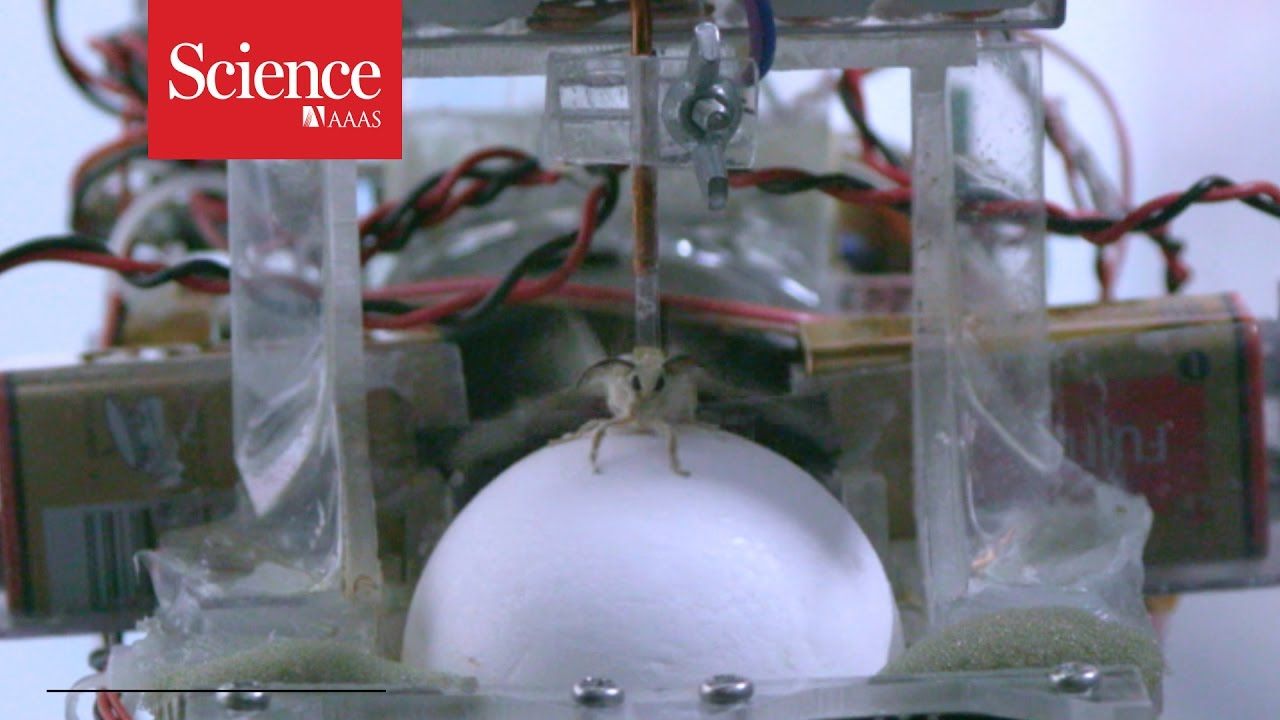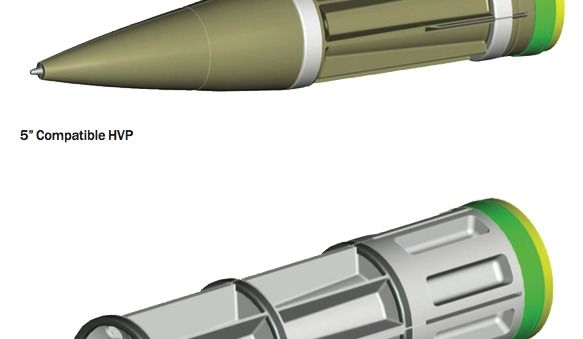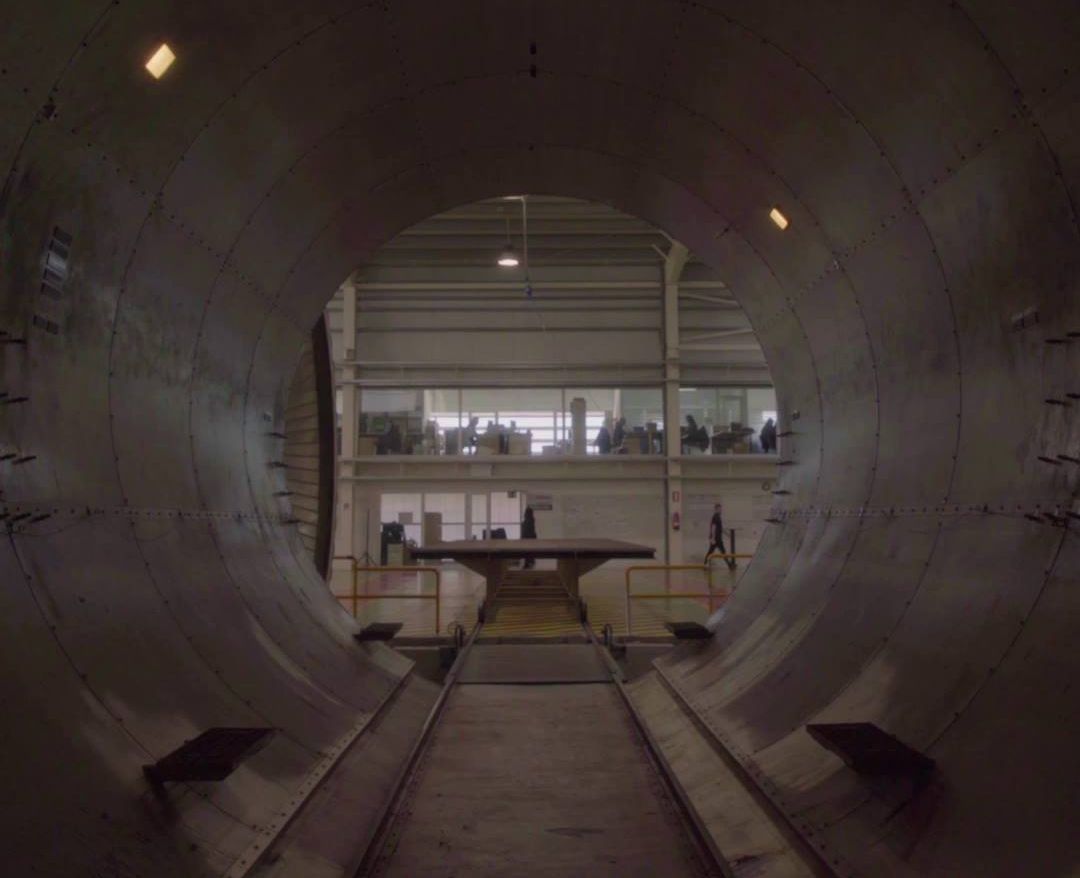Page 10155
Mar 25, 2017
IBM Makes a Huge Leap Forward in Data Storage
Posted by Shailesh Prasad in categories: computing, particle physics
Mar 25, 2017
How to Pack for the Apocalypse
Posted by Brett Gallie II in categories: business, innovation

Bug-out bags/survival kits are a controversial topic. Everybody has a different philosophy about what makes a good one. This is Brent’s. While bigger and heavier than a lot of the bags you’ll see online, you can keep it in the closet by your front door or the trunk of your car, and you’ll be prepared for an emergency that could last many days. Brent’s kit doubles as a slick backpacking setup, so you’ll get to know your gear extremely well, and you get to have fun with it, too.
Still haven’t subscribed to WIRED on YouTube? ►► http://wrd.cm/15fP7B7
Mar 25, 2017
Hyperloop starts building a passenger capsule
Posted by Shailesh Prasad in category: transportation
Mar 25, 2017
The Weird World of Cyborg Animals Is Here
Posted by Klaus Baldauf in categories: biotech/medical, cyborgs, engineering, robotics/AI

Roboticists frequently turn to nature for inspiration for their inventions, reverse engineering the traits that evolution has developed over millennia. Others are taking a shortcut by simply integrating modern technology with living animals.
The idea may seem crazy, but animals and machines are not so different. Just as a network of wires carry electrical signals between a robot’s sensors, processing units and motors, the flow of action potentials around our nervous system connects our sensory organs, brain and muscles.
Continue reading “The Weird World of Cyborg Animals Is Here” »
Mar 25, 2017
Office of Naval Research shows new Navy BAE railgun test
Posted by Klaus Baldauf in category: military

The Office of Naval Research and Naval Surface Warfare Center, Dahlgren Division, conduct the first shot of the Railgun at the terminal range November 17, 2016.
There are also current tests of with an Army Howitzer is now firing a super high-speed, high-tech, electromagnetic Hyper Velocity Projectile.
Continue reading “Office of Naval Research shows new Navy BAE railgun test” »
Mar 25, 2017
World’s First Deep-Sea Mining Venture Set to Launch in 2019
Posted by Klaus Baldauf in category: futurism
Mar 24, 2017
Supertall skyscraper hangs from orbiting asteroid in Clouds Architecture Office concept
Posted by Klaus Baldauf in categories: 3D printing, habitats, space travel
In a bid to get around terrestrial height restrictions, Clouds Architecture Office has proposed suspending the world’s tallest skyscraper from an asteroid, leaving residents to parachute to earth.
New York-based Clouds Architecture Office drew up plans for Analemma Tower to “overturn the established skyscraper typology” by building not up from the ground but down from the sky by affixing the foundations to an orbiting asteroid.
“Harnessing the power of planetary design thinking, it taps into the desire for extreme height, seclusion and constant mobility,” said the architects, who have previously drawn up proposals for space transportation and a 3D-printed ice house on Mars.

It does not make any sense misery still exist in THIS world if there is only one job left on planet earth. Because, if nobody works in the production of things, logically these things will cost nothing because there are no workers to pay for them!
Mar 24, 2017
Critical step in cellualr repair of damaged DNA identifi edwhich could be big for reversing aging and human trials will start within six months
Posted by Klaus Baldauf in categories: biotech/medical, life extension, space travel
UNSW researchers have identified a critical step in the molecular process that allows cells to repair damaged DNA – and it could mean big things for the future of anti-ageing drugs, childhood cancer survivors and even astronauts. It could lead to a revolutionary drug that actually reverses ageing, improves DNA repair and could even help NASA get its astronauts to Mars.
Their experiments in mice suggest a treatment is possible for DNA damage from ageing and radiation. It is so promising it has attracted the attention of NASA, which believes the treatment can help its Mars mission.
While our cells have an innate capability to repair DNA damage − which happens every time we go out into the sun, for example – their ability to do this declines as we age.














